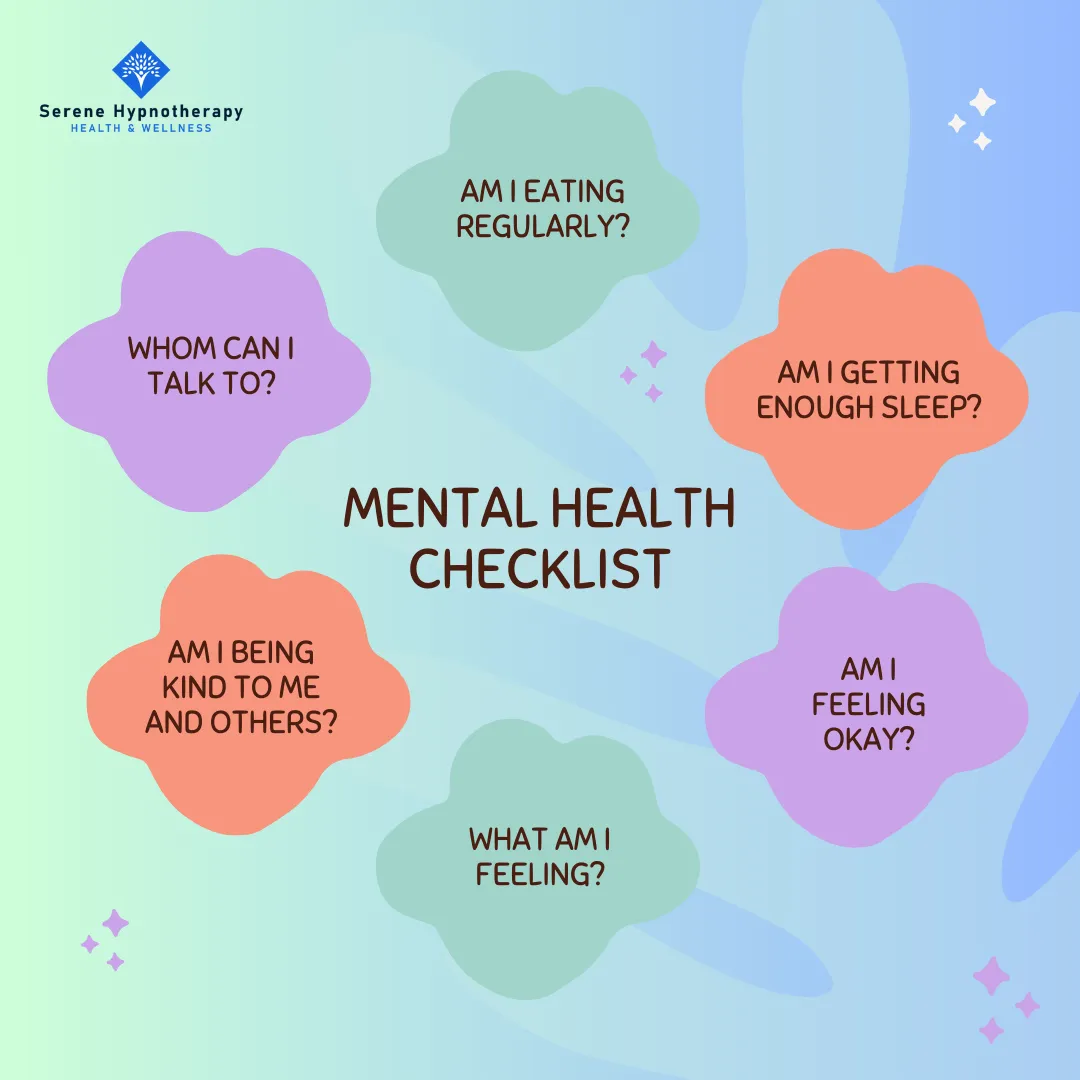
Debunking Mental Health Myths: True Prevalence, Therapy Benefits, and Facts for Children & Workplace
The Science Behind Mental Health Myths – Debunked!
Mental health is a crucial aspect of our overall well-being, yet it remains shrouded in misconceptions and myths. Understanding the science behind mental health can help dispel these myths, leading to a more informed and supportive society. In this blog, we will debunk some of the most common mental health myths with factual evidence.
Myth 1: Mental Health Issues Are Rare
Fact: Mental health issues are far more common than most people realize. According to the World Health Organization (WHO), one in four people globally will experience a mental health condition at some point in their lives. Conditions such as anxiety, depression, and bipolar disorder are widespread, affecting millions of people every year.
Myth 2: Mental Health Problems Are a Sign of Weakness
Fact: Mental health conditions are not a sign of personal weakness or character flaw. They are conditions that require proper treatment, just like any physical illness. Brain chemistry, genetic factors, and life experiences all play a significant role in mental health. Seeking help and treatment is a sign of strength and self-awareness, not weakness.
Myth 3: Therapy Is Only for Severe Mental Illness
Fact: Therapy can benefit anyone, not just those with severe mental health issues. Therapy helps individuals manage stress, improve relationships, and enhance overall well-being. Cognitive-behavioral therapy (CBT) or Clinical Hypnotherapy, for example, are both effective for treating anxiety and depression, but it is also beneficial for managing general stress and improving mental resilience.
Myth 4: Children Don't Experience Mental Health Issues
Fact: Mental health issues can affect individuals of any age, including children. Research shows that mental health disorders can manifest in children through symptoms such as excessive fear, behavioral problems, and severe mood swings. Early intervention and support are crucial for addressing these issues and promoting healthy development.
Myth 5: People With Mental Health Conditions Cannot Hold Jobs
Fact: Many individuals with mental health conditions lead successful careers and contribute meaningfully to their workplaces. With appropriate support and accommodations, people with mental health issues can be productive and thriving members of society. It's essential to challenge this myth to reduce stigma and provide an inclusive environment for all employees.
Conclusion
Debunking these common mental health myths is pivotal in creating a more inclusive and understanding society. By recognizing the prevalence and genuine nature of mental health conditions, we can encourage more people to seek the help they need and support them in their journey towards well-being. Remember, mental health is a critical component of overall health, and addressing it with factual knowledge and compassion is essential.
Book Online with us. Click here.
